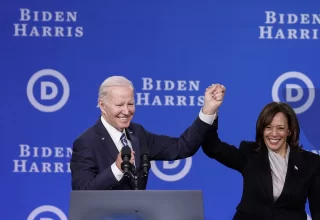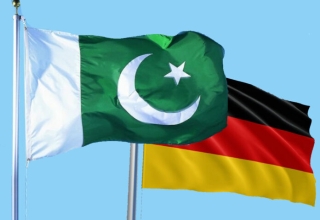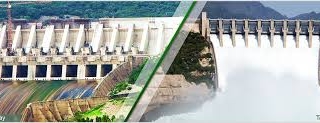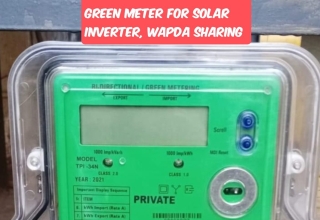
NP newsroom
PARIS: Reporters Sans Frontieres (RSF) ‑ or Reporters Without Borders ‑ called on Pakistan’s parliament the other day to completely reject a draconian proposal to regulate Web TV and online video streaming services that the authoritarian broadcast media regulator, the Pakistan Electronic Media Regulatory Authority (PEMRA), published earlier this month.
It said, “Using the crude ploy of pretending to seek civil society’s opinions, PEMRA billed its proposal as a “Consultation on Regulating Web TV & Over the Top TV (OTT) Content Services” when posting it on the PEMRA website on 8 January. Comments and suggestions could be submitted until 31 January, it said.
Pakistan is ranked 142nd out of 180 countries in RSF’s 2019 World Press Freedom Index, three places lower than in 2018.
According to the information obtained by RSF, a parallel and much more drastic proposal for regulating content censorship is currently being circulated to federal government agencies. But, it said, civil society has not been fooled. A score of associations issued a joint public call the other day for both versions to be rejected.
The proposal follows the general lines of an earlier one giving federal agencies extensive online censorship powers which the government unveiled in January 2019 and had to withdraw after it was heavily criticized. It is now trying again on the pretext that it needs to regulate content on video platforms such as YouTube and Vimeo, and TV streaming services (also known as OTT) such as Netflix.
“By means of pressure and harassment, the Pakistani authorities have been forcing more and more journalists to censor themselves in the traditional media, with the result that the Internet has become one of the few remaining spaces where independent voices can make themselves heard,” said Daniel Bastard, the head of RSF’s Asia-Pacific desk.
“We urge parliamentarians to reject this proposal outright because, even in the toned-down version published by the PEMRA, as it reflects a determination to control all information to which Pakistani citizens should nonetheless have access under article 19A of the Constitution.”
As well as its tainted consultation procedure, the PEMRA document betrays an intent to censor online video content relentlessly. Under article 5.2, for example, Web TV operators would have to pay up to 10 million rupees (60,000 euros) for a licence. Few individuals or even media outlets would be able to afford such a sum to operate an ordinary YouTube channel. Similarly, under article 5.4, video media outlets could be suspended for violating PEMRA’s existing code of conduct, which contains a great deal of vague wording that allows too much scope for interpretation.
Reporters Sans Frontiers says PEMRA used this code of conduct to summarily interrupt several TV news channels in 2019. A Geo TV interview with former President Asif Ali Zardari was cut short in early July, while three other channels – AbbTakk TV, 24 News and Capital TV – were suddenly suspended a week later after covering a press conference by opposition politician Maryam Nawaz.
The reporting watchdog suggests PEMRA’s underlying problem is a lack of independence. “Its members, who are appointed by means of a very opaque procedure, are unable to resist the influence of the military establishment and all-powerful intelligence services.”






